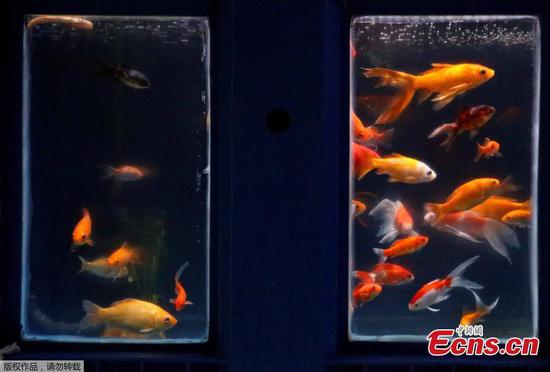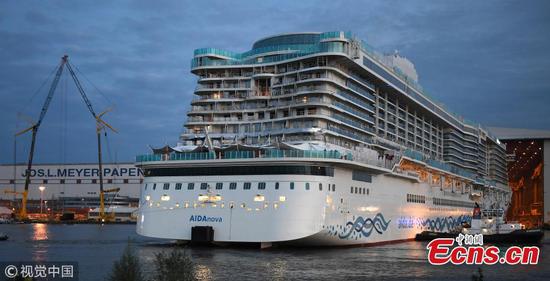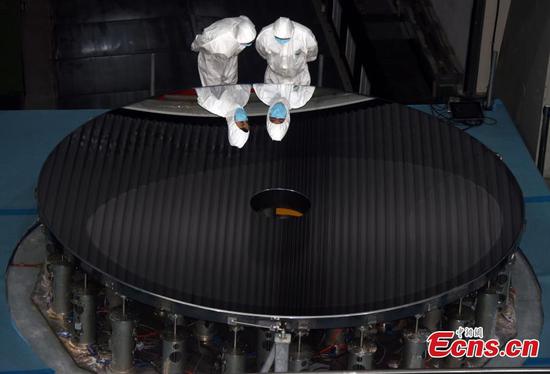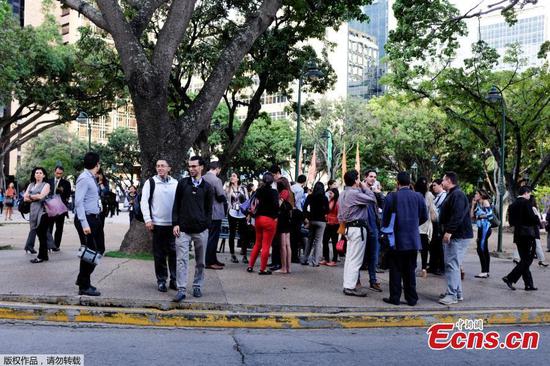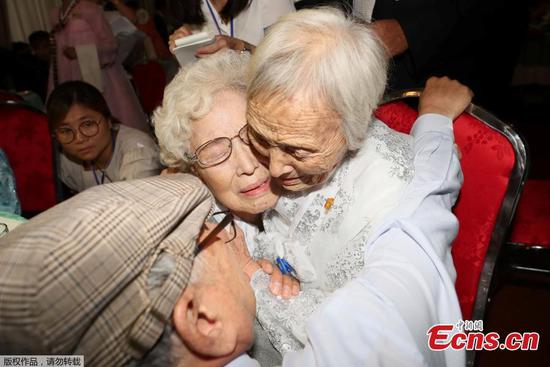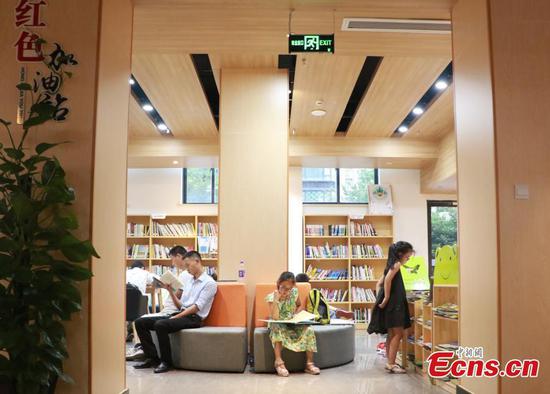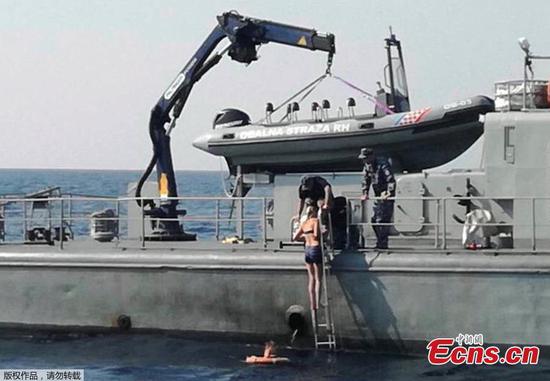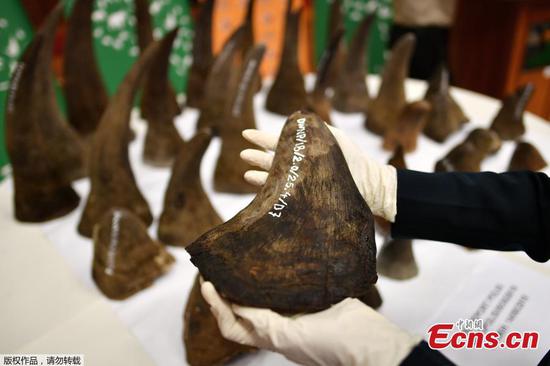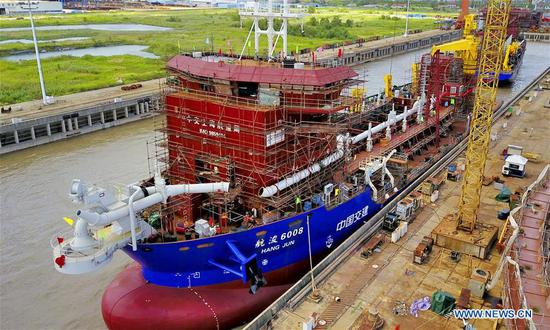China's renminbi hit its highest level in nearly three weeks against the U.S. dollar on Wednesday, mainly driven by market forces, according to analysts. They said they expected no change in its flexible floating.
The currency's central parity — the daily trading reference around which its exchange rate can float up or down by 2 percent — strengthened to 6.8271 per dollar on Wednesday, rebounding for a fourth consecutive trading day, the highest level since Aug 2.
The currency jumped from the year's lowest value of 6.9568 per dollar, recorded just a week ago on the offshore market, a level influenced by the global market panic after the Turkish lira sharply depreciated.
This 1.86 percent renminbi appreciation over such a short period was mainly because the U.S. dollar weakened after U.S. President Donald Trump criticized the U.S. Federal Reserve's policies and the strong dollar, analysts said.
"The latest comments from President Trump have allowed emerging market currencies to regain momentum against a weakening greenback," said Jameel Ahmad, global head of Currency Strategy and Market Research at FXTM, a global foreign exchange trading platform.
"The market sentiment remains driven by political risk, and investors will eagerly await the resumption of China-U.S. trade talks this week."
Experts said the rising yuan has been mainly driven by market factors as the market is playing a decisive role.
"The (Chinese) central bank has pushed forward the market-oriented reform of the exchange rate regime at a special time, which was brave," said Ding Zhijie, vice-president of the University of International Business and Economics in Beijing, referring to Sino-U.S. trade tensions. "And the result so far showed it's successful."
Along with reform, the market will have more say in the country's exchange rate regime, he said. "It will be normal to see the renminbi floating either up or down in the future."
Central bank officials reaffirmed at a news conference on Tuesday that China will not use the foreign exchange rate as a tool to cope with trade friction, meaning the monetary authority will not make moves to devaluate the renminbi.
Li Bo, director of the People's Bank of China's monetary policy department, said that the current renminbi exchange rate is mainly determined by market supply and demand.
Li said the central bank is confident it can keep the rate "basically stable at a reasonable equilibrium level" supported by the stable fundamentals of the Chinese economy.
The central bank stated in its latest monetary policy report that it may take additional measures to hedge against exchange rate risks and to minimize the negative impacts from foreign exchange market fluctuations.
The report also said that the central bank has paid close attention to recent cross-border capital flows.
Some emerging markets have experienced drastic currency turmoil this month driven by the rapid strengthening of the U.S. dollar.
Also, uncertainties about worsening trade tensions between the U.S. and other major economies have global investors concerned.
That pushed the Chinese currency to depreciate toward what is often called the "psychological threshold" of seven per dollar. The market was worried that fluctuations in broader financial markets might emerge if the renminbi's value fell beyond that level, which also might be a trigger for massive capital outflows, analysts said.
"Stabilization of the exchange rate — even if it means some trade-weighted appreciation — will help anchor expectations and limit capital outflows," said Robin Brooks, managing director and chief economist of the Institute of International Finance.
The government has recorded steady capital inflows this year, as shown by expanded foreign exchange reserves. The reserves rose in July for the second consecutive month to $3.12 trillion.
That indicates that the central bank had avoided selling reserves to support the renminbi, analysts said.









